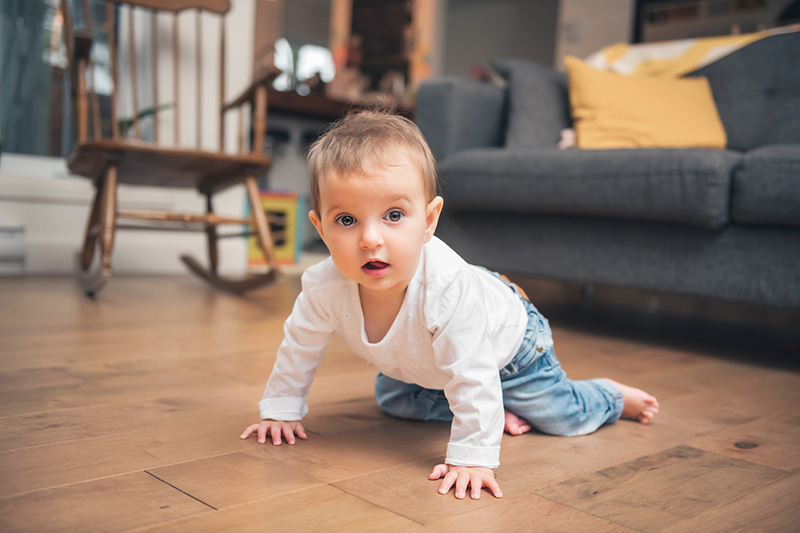Everyone wants their child to be healthy, safe and well. Child physical health is more than just tracking their height and weight. It also includes making sure they have good nutrition, enough physical activity, restful sleep, timely immunizations, strong dental health and adults to help keep them safe.
Proper nutrition lays the foundation for good health
Nutrition in your child’s development, especially in the first five years of growth, will have an effect on their health, both now and in the future. The kind of foods that you give to your child when growth and development are rapidly occurring will set them up for a healthy and well-balanced life.

Supporting Children’s Well-Being
Keeping children safe can be especially challenging as healthy development requires opportunity to explore their environment and learn. However, most injuries are preventable. Making sure your child is physically healthy is an important part of supporting their ongoing growth and development. They are naturally curious and learn through exploring the world around them. As children learn through play, they can get hurt. But there are steps families can take to protect their children from serious injury when accidents happen.
Read moreHelp! My toddler won’t eat!
Picky toddlers can really scare us as parents. Are they getting enough vitamins? Are they gaining enough weight? Will they always be picky?
Remember, as in all things with a toddler…this won’t last forever! Once babies reach toddlerhood, they stop eating as often, and begin to have preferences. Just as we did when introducing solid foods, we don’t want to start giving treats that are not nutritious, because they will choose what tastes the best. If we start by avoiding too may sweet treats, and fried foods, if they are picky- it will at least be healthy foods that they love.
Pick your battles. If your child prefers to eat applesauce over peaches, does it really matter? The nutritional value is very similar. The same for proteins. If your little one prefers cheese over meats, that’s ok. As long as your child is getting a variety of food groups, they will be hitting most of their nutritional requirements.
Eating family style can sometimes help little ones to be more encouraged to try new foods. Family meals consist of everyone sitting together at meal time with no distractions. Modeling healthy food habits is the best way for your little ones to try new foods.
For more picky toddler advice, see the links below.
Is it ok to play outside in the Winter?
The short answer is yes! Children thrive when allowed to play outside. Not only is it great for them, but the benefits for parents are great as well! Playing outdoors helps children burn off energy. It is also the best place for little ones to learn about nature and how things grow. Everything from the blades of grass to rocks are exciting to small children. Here are some fun tips for making winter play a little bit easier.
- Dress for the weather. Make sure your child has lots of layers and warm shoes/socks/ and coats. Snow suits are the best, but layering is also effective.
- Bring out materials to help you explore. Bring a bag to collect rocks, sticks, and leaves. You can glue them to paper when you get home to extend the adventure once you are back inside. You can hang it up and proudly show off all that you found on your adventure and think about what you could find on the next one.
- Just a few minutes is worth all of the hassle. The fresh air and nature will give your child Vitamin-D from the sun and help keep away those winter blues for parents as well. Even 15 minutes on a cold day is helpful.
- Children can go outside from a very young age. Bundle up and go for a quick walk around the block. Even infants benefit from time outdoors.
- Children do not get sick from playing outside in the cold. They get sick from germs and viruses. As long as it is above 20 degrees, children of all ages can play outside.
My child has lice, now what?
Head lice are a common issue that many families face, especially with school-age children. It can be stressful, but it’s important to know that help is available. If your child has lice, there are effective treatment options, including medicated shampoos that can eliminate the problem. Medicaid now covers the cost of lice shampoo, making it easier for families to access this essential treatment.
When should I take my child to the dentist?
It’s recommended to take your child to the dentist by their first birthday or within six months after their first tooth appears—whichever comes first. Early dental visits help establish a healthy foundation for their oral care, allowing the dentist to check for any early signs of issues and provide guidance on proper brushing, diet, and habits that support strong teeth and gums.


